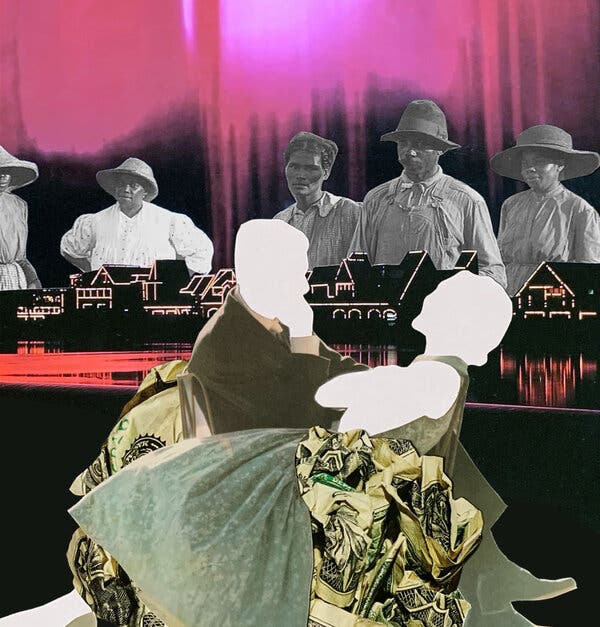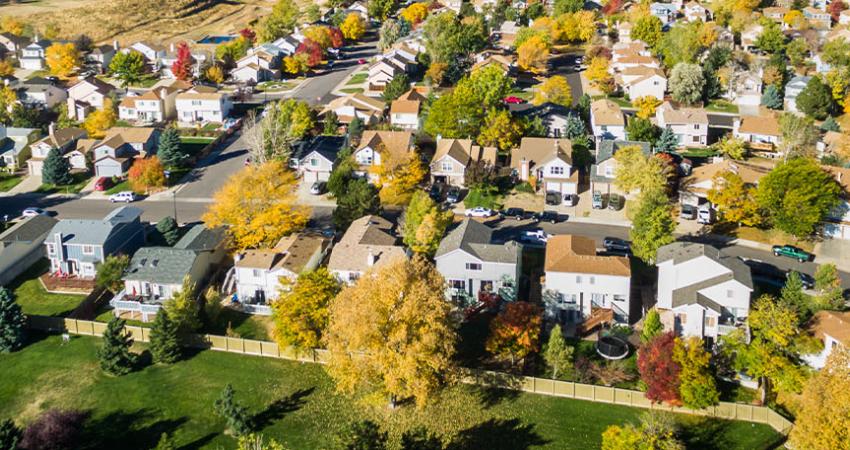Tagged: racial wealth gap
By Brentin Mock
Read the full article from CityLab here.
“Reparations in the U.S. have conventionally been defined as the idea that Black Americans should be compensated for the wrongs of slavery and racial discrimination — an idea once embraced almost exclusively by members of the Black radical Left. As the term has become mainstream, it’s important to probe: Do these municipal programs actually constitute reparations as opposed to, in Evanston’s case, housing assistance, or, in Asheville’s case, part of the divest/invest strategy that many other cities are pursuing?”
By Dorothy A. Brown
Read the full article from The New York Times here.
“Black Americans are often unable to build wealth from homeownership in the same way their white peers are, in large part because home prices are generally set by the people who make up the majority of buyers: white Americans. White families typically prefer to live in predominantly white neighborhoods with very few or no Black neighbors. Homes in these neighborhoods tend to have the highest market values because most prospective purchasers — who happen to be white — find them most desirable.”
By Anne Helen Petersen
Read the full article from Vox here.
“You buy a place, that place grows in value, and either you trade up to a bigger place or you keep it until you can pass it down to your kids or your kids get the money from its sale. Stability gives birth to even more stability. That’s not what happened with Dee’s family. ‘My grandparents were bludgeoned every time the economy took a downturn,’ Dee recalls, in part because of the legacy of redlining and the devaluation of property in Black neighborhoods.”
by Maya Brennan, Emily Peiffer, and Kimberly Burrowes
Read the full article from Housing Matters here.
“In the early 20th century, many communities explicitly used zoning ordinances to racially segregate neighborhoods. By the late 20th century, civil rights legislation outlawed overt housing discrimination. But those explicit racial barriers were quickly replaced by subtler methods. Even today, exclusionary zoning policies that restrict lower-cost or higher-density housing options—such as requirements for large minimum lot sizes and prohibitions of multifamily housing—limit racial and economic diversity and raise housing costs.”



